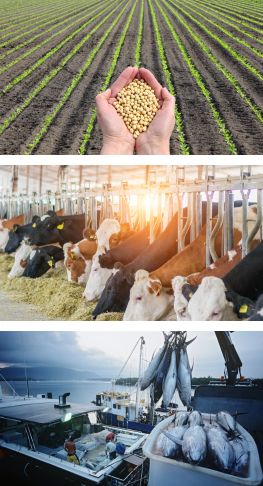25/02/2025

The Impact of U.S. Policy on Global Markets: Challenges and Opportunities
The new U.S. administration is redefining global trade with a protectionist strategy, generating volatility in international markets. Tariffs, trade restrictions, and energy policy shifts have impacted key industries but have also opened new opportunities in various markets.
Affected Industries
- Automotive: New tariffs on imported vehicles are hitting European and Asian manufacturers.
- Technology and Semiconductors: Restrictions on China have affected manufacturers in APAC but are boosting investments in Mexico and the U.S.
- Energy and Sustainability: The shift toward U.S. energy independence is reshaping crude and gas imports in Europe and Asia.
- Agribusiness: Tariffs on European and Latin American products are impacting food and beverage exports.
Regional Opportunities
LATAM: Manufacturing consolidation and nearshoring
Manufacturing and tech companies can benefit from the relocation of production from China to Mexico and Brazil.
EMEA: Investment in energy autonomy and defense
Europe is accelerating its energy independence and increasing defense spending, opening opportunities in renewables and military technology.
NA (Canada, Mexico): Expansion of interregional trade
As relations with China weaken, Mexico and Canada are emerging as key strategic partners for the U.S., boosting manufacturing, energy, and technology sectors.
APAC: Adaptation and diversification
Countries like Vietnam and India are capitalizing on the industrial exodus from China, attracting foreign investment in manufacturing and semiconductors.
Conclusion
While uncertainty remains, companies with the ability to adapt can find opportunities in the reconfiguration of global trade.





